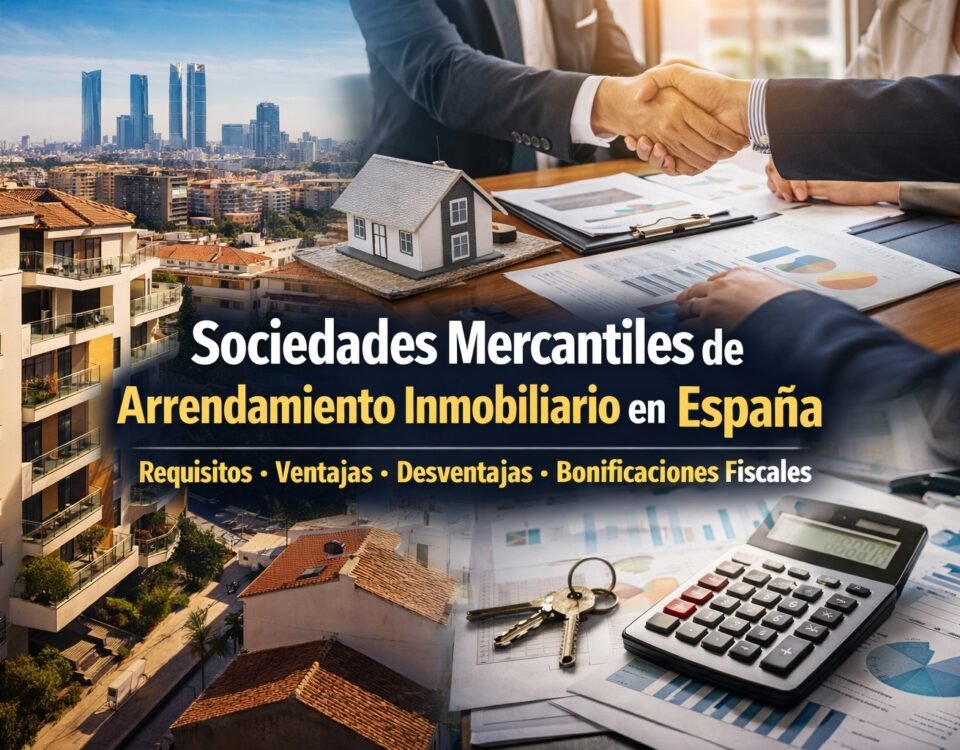
Impuesto de No Residentes en España por la Posesión de una Propiedad
20 agosto, 2025
Cartas a Malcolm, carta XXII
24 agosto, 2025Owning property in Spain as a non-resident brings tax obligations, most notably the Non-Resident Income Tax (IRNR). This tax applies whether the property is rented or not.
This article outlines the main rules for non-resident property tax in Spain, differentiating between EU/EEA residents and non-EU/EEA residents.
What Is the Non-Resident Income Tax (IRNR)?
IRNR is a direct tax applied to income earned in Spain by individuals or entities who are not Spanish tax residents. Even if your property is not rented, you must report a deemed income based on its cadastral value.
1. Property Owners from the EU or EEA
Residents of EU countries, Norway, or Iceland benefit from more favorable conditions:
Tax rate: 19%.
Taxable base: 1.1% of cadastral value (if revised in the last 10 years); otherwise, 2%.
Deductions: Allowed for rental expenses (mortgage interest, insurance, IBI, repairs, etc.).
Tax filing:
Not rented: annual filing (Form 210) by December 31 of the following year.
Rented: annual filing (from 2024) between January 1–20.
2. Property Owners Outside the EU/EEA
Non-residents from outside the EU/EEA (e.g., UK, USA, Switzerland) face stricter rules:
Tax rate: 24%.
Taxable base: same as EU residents.
Deductions: not allowed.
Tax filing:
Not rented: annual filing (Form 210).
Rented: annual filing between January 1–20.
3. Additional Spanish Taxes
Non-resident property owners may also need to pay:
IBI (Property Tax): mandatory local tax.
Wealth Tax: applicable if net assets in Spain exceed €700,000.
Capital Gains and Plusvalía Tax: when selling the property.
4. Risks of Non-Compliance
Failing to meet IRNR obligations may lead to:
Fines and late interest.
Issues selling or inheriting the property.
Freezing of assets by the Tax Authority.
Conclusion
Owning a property in Spain as a non-resident requires annual tax compliance, even if you don’t rent it. Form 210 is mandatory, and rules vary significantly depending on whether the owner is from the EU/EEA or outside.



